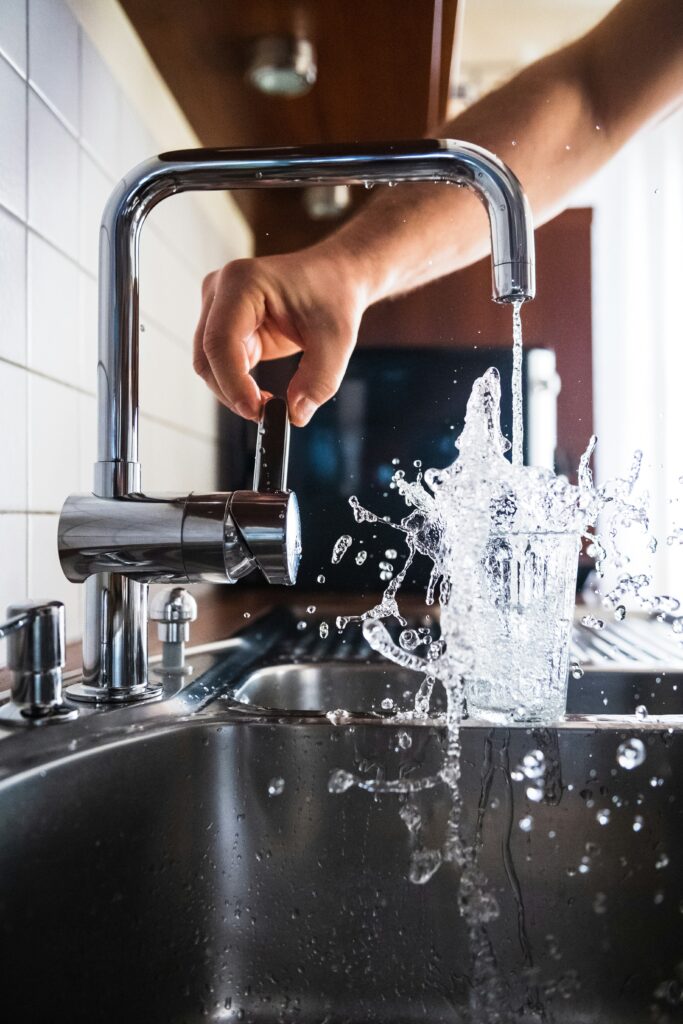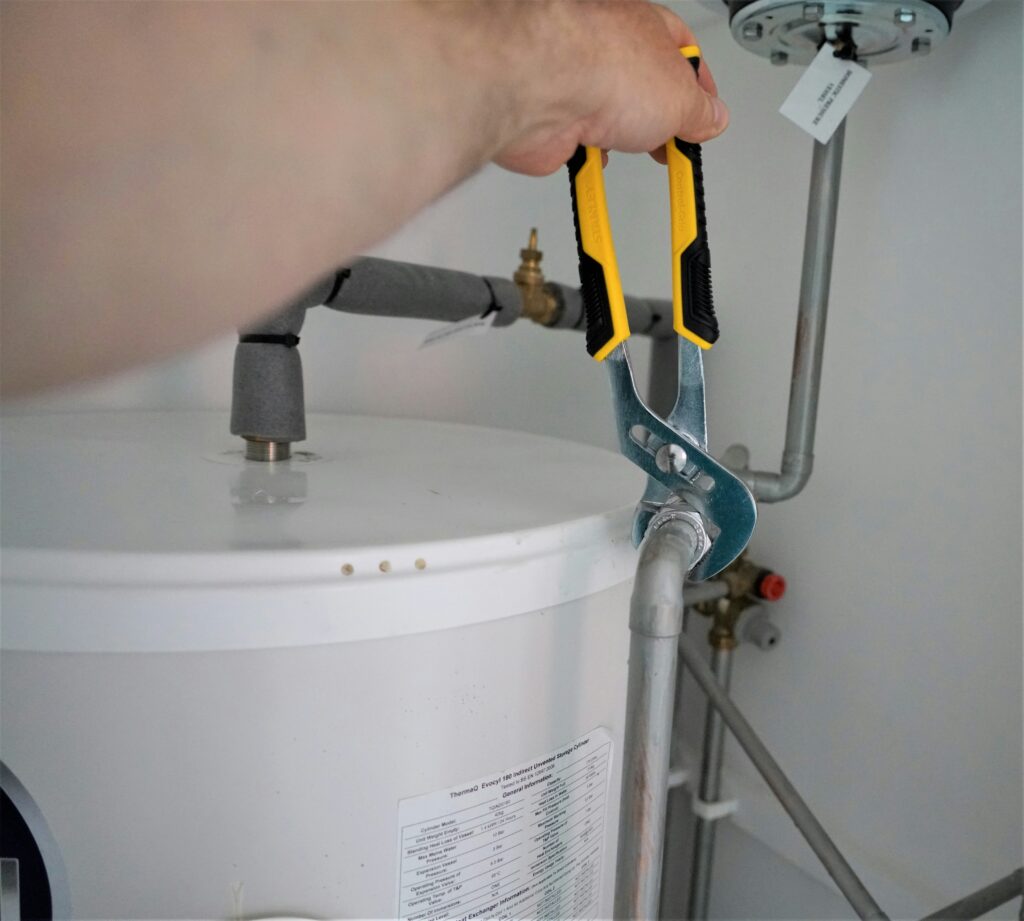Table of Contents
Does Plumbing Require Electricity? Understanding Water Systems
Does plumbing require electricity? The short answer is that most plumbing functions, such as water flow and drainage, do not require electricity because they rely on gravity and water pressure. However, some plumbing components, including electric water heaters, well pumps, and certain types of sewage systems, do need electricity to function properly. Understanding when plumbing depends on electricity can help you prepare for power outages and ensure a steady water supply in your home.
How Do Plumbers Find Leaks?
How Plumbing Systems Work Without Electricity
Most plumbing systems operate without electricity due to the principles of gravity and water pressure. Here’s how:
1. City Water Supply and Pressure
If your home is connected to a municipal water supply, your plumbing system will continue to function normally during a power outage because the city water system uses gravity and pressurized pumps that are often backed up by generators.
✔ Water Flow: Municipal systems maintain water pressure even when electricity is down.
✔ Drainage System: Wastewater flows away using gravity.
✔ Faucets & Toilets: As long as there’s pressure, they will continue working.

2. Gravity-Fed Plumbing Systems
Some homes, especially in rural areas, have gravity-fed plumbing systems. These systems store water in elevated tanks and rely on gravity to distribute water throughout the home without needing electricity.
Need help with plumbing maintenance?
When Does Plumbing Require Electricity?
While many plumbing functions operate without electricity, some systems do require power. Here are the key situations when plumbing depends on electricity:
1. Well Water Systems
Homes that rely on well water need an electric well pump to draw water from underground sources. If the power goes out, the pump stops working, cutting off the home’s water supply.
✔ Solution: Installing a backup generator or hand pump can ensure access to water during outages.
2. Electric Water Heaters
Electric water heaters require power to heat water. Without electricity, you won’t have access to hot water unless you use a gas-powered or tankless water heater with battery backup.
✔ Solution: Consider a gas or solar water heater to ensure hot water during power outages.
3. Sewage Pumps and Sump Pumps
Homes with basement bathrooms or septic systems often require electric sewage pumps to move wastewater. Additionally, sump pumps prevent basement flooding, but they rely on electricity to function.
✔ Solution: A battery backup or generator can keep these pumps running when power is out.
Want expert advice on backup solutions?
How to Maintain Plumbing During a Power Outage
Power outages can disrupt plumbing systems, especially for homes dependent on electricity. Here’s how you can prepare:
1. Store Emergency Water
✔ Keep bottled water for drinking and cooking.
✔ Fill bathtubs and containers for flushing toilets.
2. Use a Generator
✔ Backup generators can keep essential plumbing components running.
✔ Ensure the generator is properly maintained and fueled.

3. Install a Hand Pump for Well Water
✔ Allows you to access water without relying on electricity.
✔ Consider a solar-powered pump for an eco-friendly option.
4. Opt for a Battery Backup for Sump and Sewage Pumps
✔ Prevents basement flooding.
✔ Keeps your sewage system operational.
Want to upgrade your plumbing system for emergencies?
FAQ: Does Plumbing Require Electricity?
1. Will my toilet still flush if the power goes out?
Yes, if your home is connected to a municipal water supply. However, if you rely on an electric sewage pump, you may need a backup power source.
2. Does a gas water heater work without electricity?
Yes, traditional gas water heaters with pilot lights can function without power, but tankless gas water heaters often require electricity to operate.
3. Can I use my well water during a power outage?
No, unless you have a manual hand pump or backup generator for your well pump.
4. Will my sink and shower work without power?
Yes, if you have a municipal water supply. If your home depends on a well pump, water flow will stop when the power is out.
5. How can I flush my toilet if the power is out?
You can flush manually by pouring a bucket of water into the bowl.
6. Do sump pumps work without electricity?
No, sump pumps require power to function. A battery backup or generator can keep it running during outages.
7. Should I install a backup water storage system?
If you rely on well water or electric pumps, a backup water storage system can ensure you have access to water during emergencies.
Final Thoughts: Does Plumbing Require Electricity?
While most plumbing systems can function without electricity, certain components like well pumps, water heaters, and sewage pumps do require power. Understanding when plumbing needs electricity can help you prepare for outages and ensure a reliable water supply.
Need expert plumbing solutions?
Schedule Your Free Plumbing Consultation Today!
Follow us on Facebook for Quick Response & Quires – 24/7 Task Connect